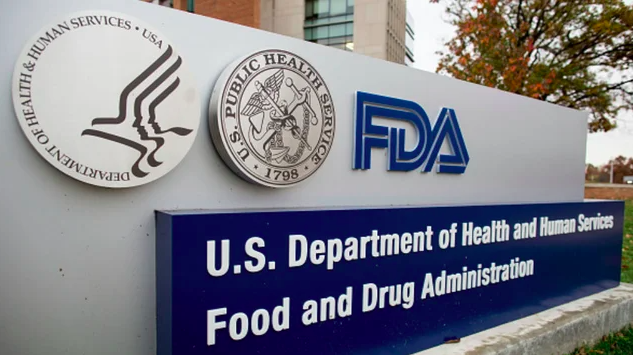Explained: FDA approval of the Comirnaty Vaccine allows schools to mandate vaccinations
August 31, 2021
On August 23, 2021, the Federal Drug Administration (FDA) approved one of the three available COVID-19 vaccines for official use. Formally known as the Pfizer-BioNTech COVID-19 Vaccine and currently known as the Comirnaty Vaccine, it is the first COVID-19 vaccine to be federally regulated.
According to Senior White House COVID-19 adviser Jeff Sients, “The FDA is the gold standard for vaccine review and approval. They’ll run an independent and rigorous scientific process and when that process is complete, the American people can rest assured that the FDA maintained those world-class standards throughout this period.”
For the vaccine to be approved for emergency use, three months’ worth of trial data were analyzed to determine safety and efficacy. Once the vaccine was in active circulation, the FDA began collecting and analyzing practical data from over six months of clinical use.
According to Holmes, the process requires scrutinizing obscene amounts of data. To be granted approval by the FDA, a vaccine must go through an application process known as a Biologics License Application (BLA). This process includes processing the Comirnaty’s preclinical and clinical data, details of the manufacturing process, vaccine testing results to ensure efficacy, and health inspections of manufacturing sites.
According to FDA Commissioner Janet Woodcock M.D., the FDA approval will add an additional layer of security to those who are hesitant about the contents of the vaccine. With this layer of collective scientific acquiescence, public confidence in the vaccine should insight an increase in vaccination rates.
FDA approval will also make it sanctionable as a mandatory health act. For public university students, this may mean the addition of the Comirnaty vaccine to the list of mandatory inoculations. Over 600 college campuses across the United States have thus far mandated the vaccine as a requirement for students and staff, including Wisconsin’s border states, the University of Minnesota, and the University of Michigan.
The FDA approval arrived a year and eight months after the beginning of the global pandemic in 2020, and nine months after the vaccine was approved by the FDA for emergency use.
According to the FDA archives, this process historically has followed a similar timeline. In 1964 the Rubella epidemic hit America, by 1966 doctors Paul D. Parkman and Harry M. Meyer had created the first effective vaccine. The Rubella vaccine, unlike Pfizer, was approved without the use of global data that has been available to COVID-19 researchers. It wasn’t until 1988 however that enough Americans had the vaccine to eliminate the threat of Rubella and herd immunity was achieved.
Herd immunity, a term that defines the scientific phenomenon of population-pervasive immunity, is achieved when the majority of the population receives a vaccine. At which point, the disease still exists but has no means of transmission or habituation. The exact percentages of population vaccination vary, and COVID-19’s necessary quota is at this point unknown. According to the World Health Organization (WHO), general scientific consensus concludes that vaccination rates will most likely need to be above 80% to achieve herd immunity.
The University of Wisconsin-La Crosse has asked its students to reach a 70% vaccination rate by Oct. 15. As of now, 70% of UWL students have reported being fully vaccinated.
According to an email sent to students by Joe Gow on Aug. 26, 90% of La Crosse’s Intensive Care Unit (ICU) beds are occupied by unvaccinated patients.
Thus far UWL administration has not mandated the vaccine for students and staff, however, they do encourage students who are not yet vaccinated to visit the health center or a local inoculation provider, and students who are vaccinated to report their status to the university via a short survey.
If you are vaccinated and have not yet reported, visit the UWL vaccination survey.







